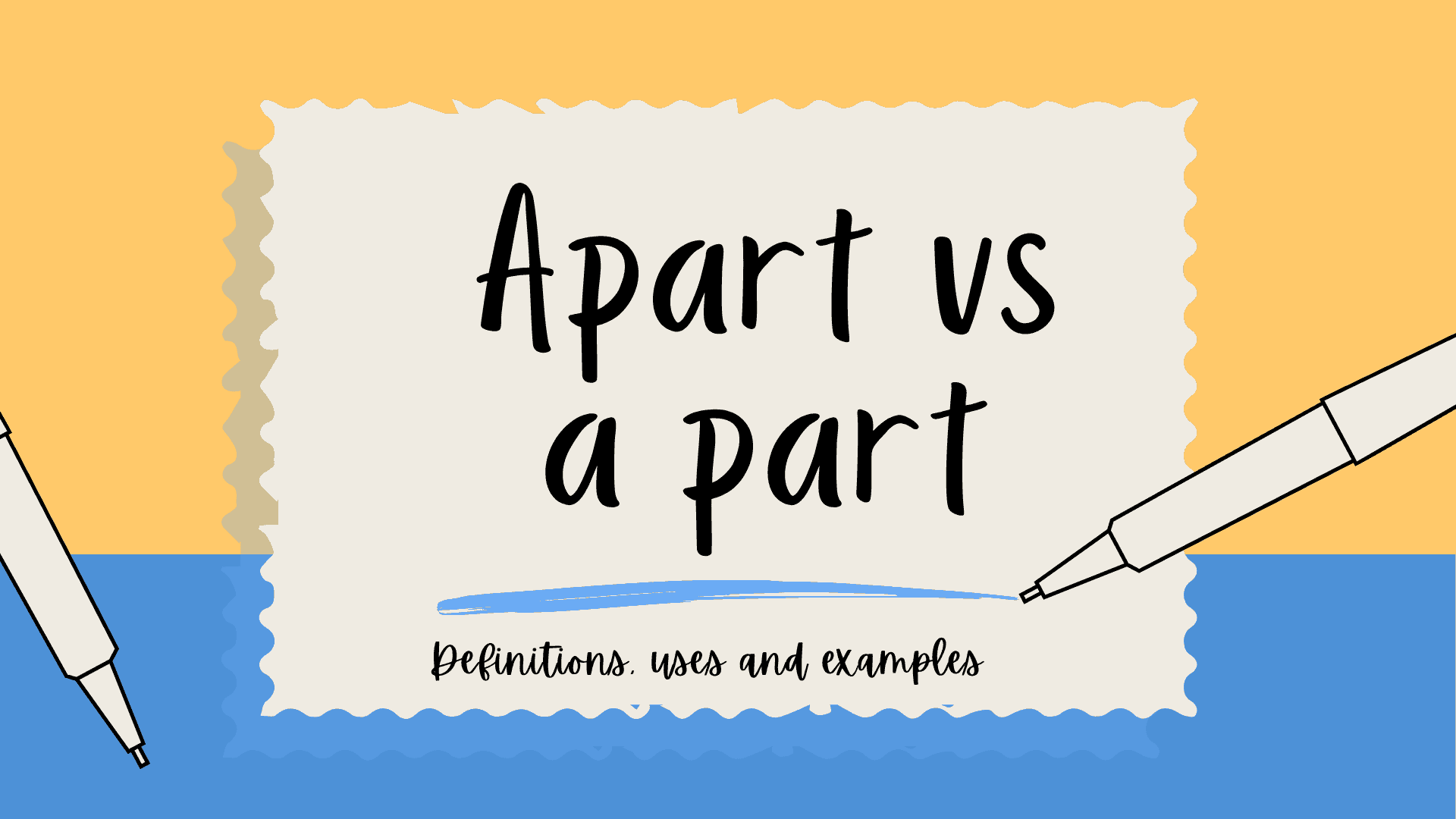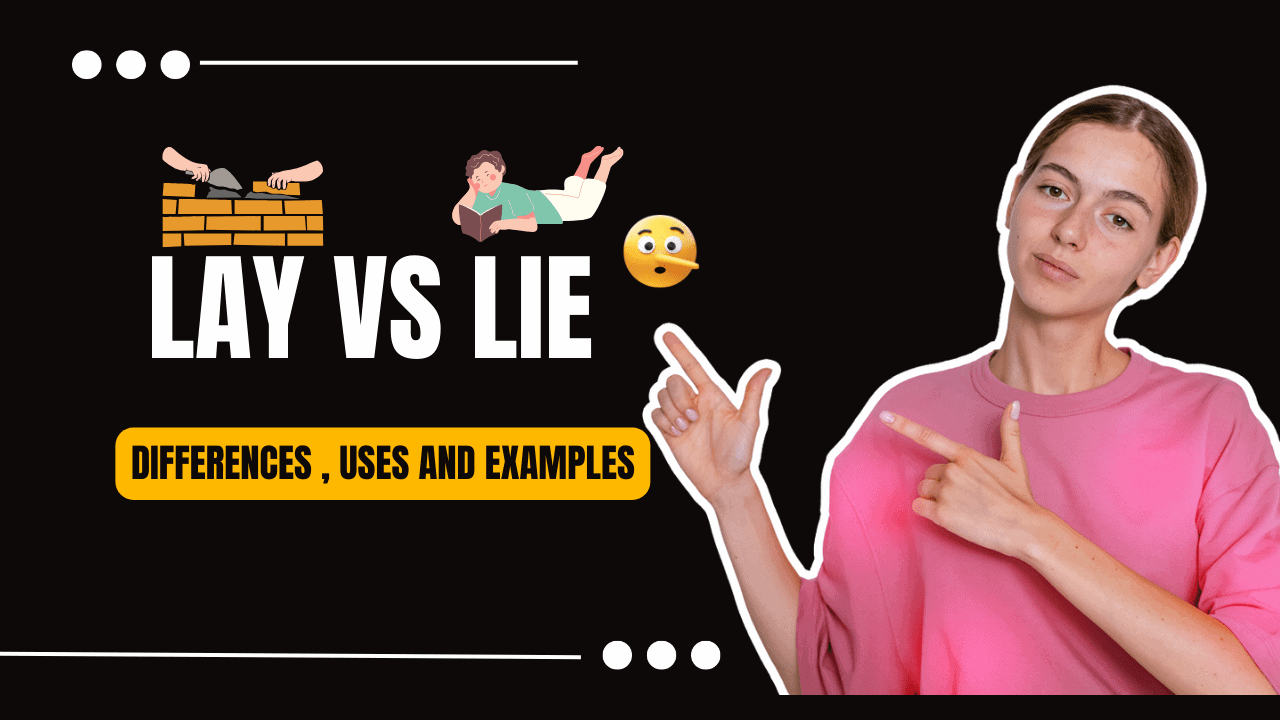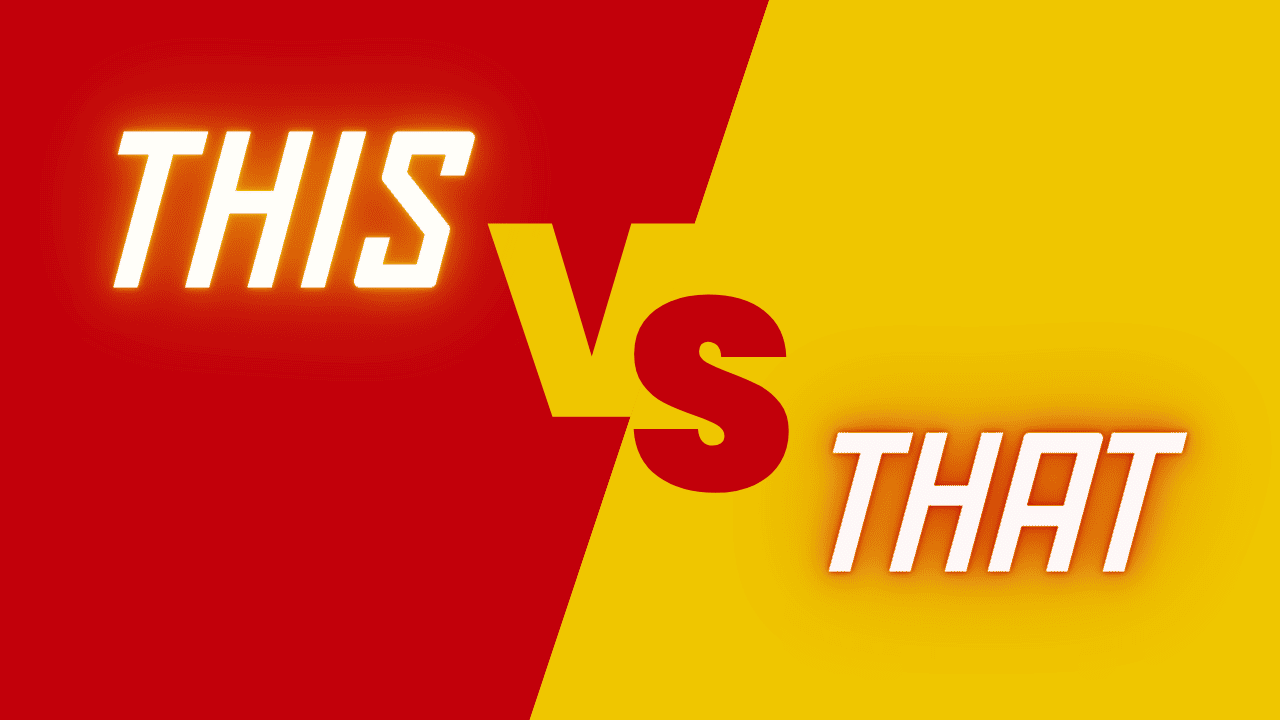Have you ever found yourself confused about whether to use “billow vs bellow vs below” in English? Don’t worry, you’re not alone! These words may seem similar, but they actually have very different meanings and usage. Understanding the crucial differences between them is key to communicating effectively in English. In this blog post, we’ll dive into the nuances of billow, bellow and below and provide some helpful tips to master their usage once and for all. So get ready to level up your language skills!
What are the differences between billow, bellow and below?

Definition of Billow
Let’s begin our exploration with Billow. Pronounced as /ˈbɪl.oʊ/, “billow” is a verb and noun associated with the graceful and undulating movement of clouds, smoke, or fabric. Here’s a closer look:
Verb (to billow):
Billow as a verb refers to the majestic swelling, rolling, or surging of clouds, smoke, or other substances, often influenced by wind or other forces.
- Dark storm clouds billowed on the horizon.
- The sails billowed in the strong sea breeze.
Noun (a billow):
As a noun, “billow” represents a large, rolling mass, often used to describe a cloud or a surge of smoke.
- The ship disappeared behind a billow of mist.
- A billow of dust rose from the construction site.
Definition of Bellow
Now, let’s turn our attention to bellow. Pronounced as /ˈbɛloʊ/, “bellow” is a verb and noun associated with a deep, loud, and resonant sound, often likened to the roar of an animal or a booming voice:
Verb (to bellow):
Bellow” as a verb signifies emitting a powerful and often harsh sound, typically associated with animals or humans in a state of strong emotion.
- The bull bellowed in the meadow.
- He began to bellow angrily at the injustice.
Noun (a bellow):
As a noun, “bellow” refers to the deep, loud cry or roar itself.
- The bellow of thunder echoed through the valley.
- His voice had the resonance and bellow of a seasoned orator.
Definition of Below – Beneath and Underneath:
Now, let’s introduce the word “below” into our exploration. Pronounced as /bɪˈloʊ/, “below” is a preposition and adverb used to indicate a position beneath or underneath something else:
1. Preposition( position): As a preposition, “below” indicates a lower position to something else, whether in a physical or abstract sense.
- The treasure chest was hidden below the old oak tree, waiting to be discovered.
- The temperature dropped well below freezing during the winter months.
2. Adverb (direction): As an adverb, “below” is used to describe or modify verbs, adjectives, or other adverbs, indicating a direction or position downward.
- Please find the information listed below for your reference.
- The divers explored the coral reefs, venturing below the surface to witness the vibrant marine life
Comparison Chart
| Parameter of comparison | Billow | Bellow | Below |
|---|---|---|---|
| Part of Speech | Verb (to billow), Noun (a billow) | Verb (to bellow), Noun (a bellow) | Preposition, Adverb |
| Pronunciation | /ˈbɪl.oʊ/ | /ˈbɛloʊ/ | /bɪˈloʊ/ |
| Meaning | Movement of clouds, smoke, or fabric; a surge | Emitting a powerful, harsh sound; a deep cry | Beneath or underneath; in a lower position |
| Examples | – Storm clouds began to billow on the horizon. | – The lion let out a mighty bellow. | – The treasure chest was hidden below the old oak tree. |
| – A mysterious billow of mist enveloped the ship. | – In the heat of the argument, he began to bellow. | Please find the information listed below for your reference. | |
| – The curtains billowed in the breeze. | – The deep bellow of the bull echoed through the meadow. | The divers explored the coral reefs, venturing below the surface. | |
| – The smoke from the campfire started to billow. | – The teacher’s bellow could be heard throughout the school. | Our apartment is below theirs. |
Frequently Asked Questions
How is “bellow” defined?
Bellow” is a verb and noun associated with a deep, loud, and resonant sound, often likened to the roar of an animal or a booming voice.
What does “billow” mean?
“Billow” is a verb and noun associated with the graceful and undulating movement of clouds, smoke, or fabric. As a verb, it describes the swelling, rolling, or surging of these elements.
How can one remember the differences between these words?
Visualize the graceful movement for “billow,” associate a powerful sound for “bellow,” and think of a lower position for “below.” Mnemonics and practice sentences can also help reinforce distinctions.



